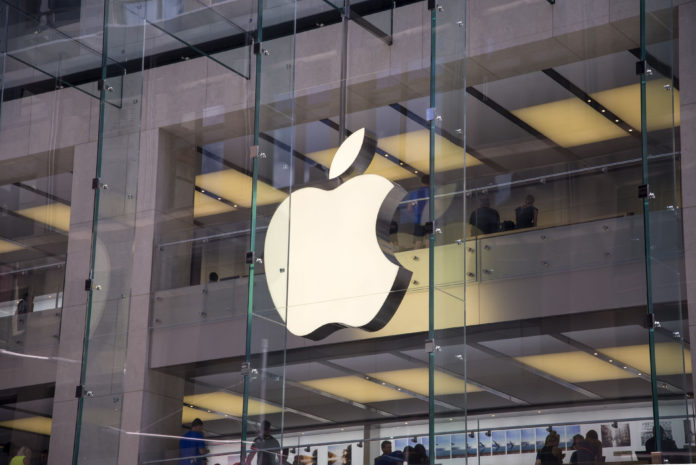Taxes are vital to any stable government. The money collected from individuals, businesses and other organizations is used in running government services such as providing security, health, transport and education to the entire country. It is, therefore, an offense for an individual or company to evade paying their fair share of taxes. Apple, undoubtedly one of the largest companies in the world, has found itself in trouble over its tax arrangement in New Zealand.
The New Zealand Herald newspaper has released a report indicating that the Apple local unit in the country has not paid tax in New Zealand. Instead, the company paid the equivalent of $26 million in Australia. This was in a period spanning 10 years, from 2007 to 2017.
The explanation given is that the New Zealand branch of the company is registered in Australia, and the two countries have a tax treaty allowing for an individual or organization to only pay tax in one jurisdiction. This means that a company registered in Australia can pay tax in Australia and still operate in New Zealand without paying any more tax.
In response to the report by the New Zealand Herald newspaper, Apple responded in a statement saying, “Apple is the largest taxpayer in the world and we appreciate and respect the role taxes play as necessary and important in our society. We follow the law and pay tax on everything we earn, wherever we operate. Apple aims to be a force for good and we’re proud of the contributions we’ve made in New Zealand over the past decade.”
Experts in tax law and financial consulting are perplexed over the arrangement by Apple’s New Zealand branch since the tax rate in Australia (30%) is higher than New Zealand’s. it, therefore, does not make sense for a company doing business in New Zealand to incorporate in a different country where it pays a higher tax rate than the country it is operating in.
This unusual structure has led to criticism of the corporation by politicians. James Shaw, co-leader of New Zealand’s Green Party remarked, “It is absolutely extraordinary that they are able to get away with paying zero tax in this country. It looks like their tax department is even more innovative than their product designers.”
The furor comes amid Apple’s checkered history for its tax practices. Multinationals like Apple and Google have been found shifting huge sums of money to tax shelters in offshore countries where they can enjoy a lower tax rate than the country they’re operating in. In the end, the country hosting the multinational and providing ancillary services such as electricity, water, and other infrastructure misses out on the money that would have been used to continue providing these services to the rest of the population.
For instance, in 2014 Apple was found to be moving its profits to Ireland, which has a corporate tax rate of 12.5%. it was later discovered by the European Commission that Apple eventually paid a tax rate of 2%, which was declared illegal.




